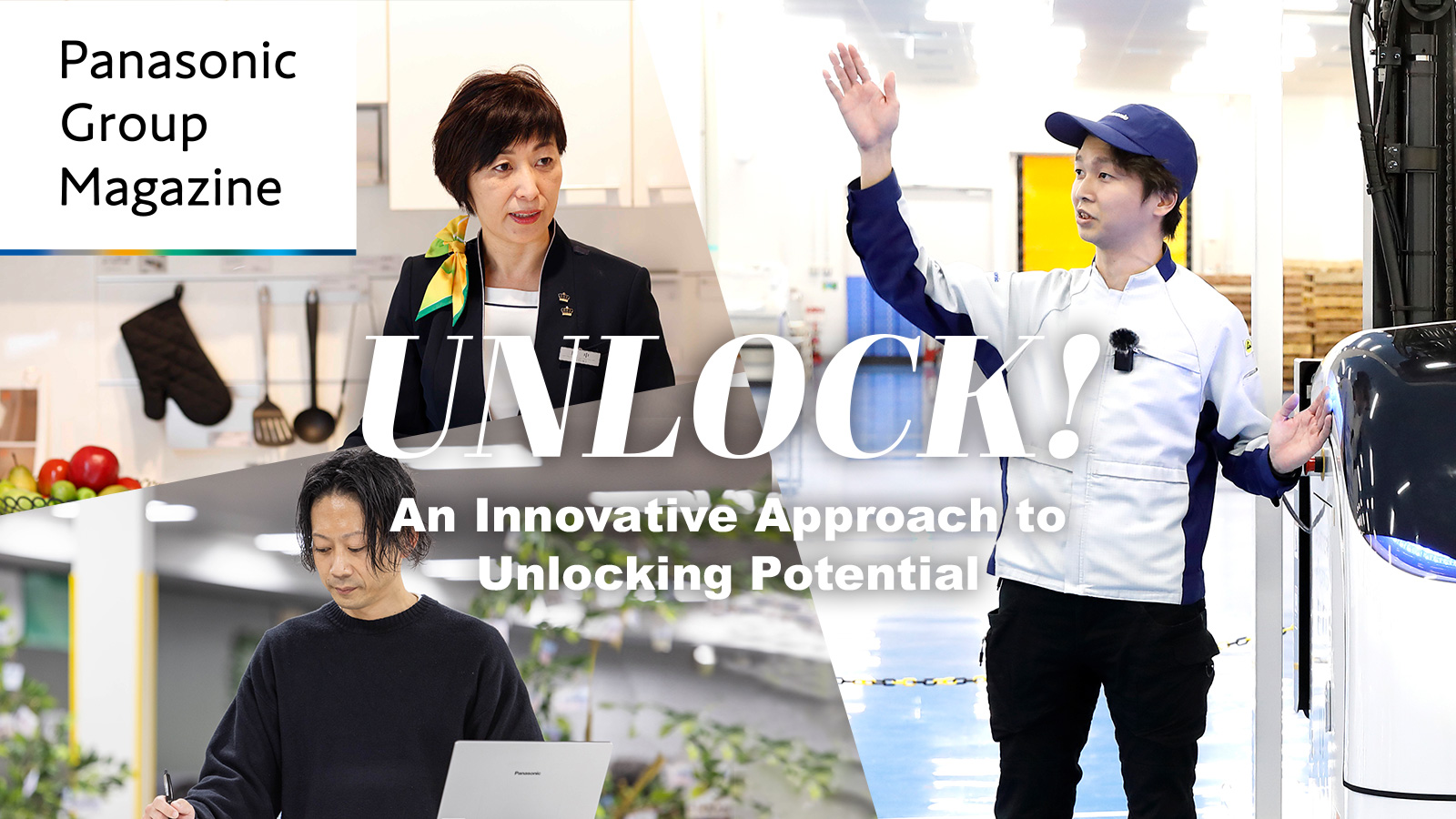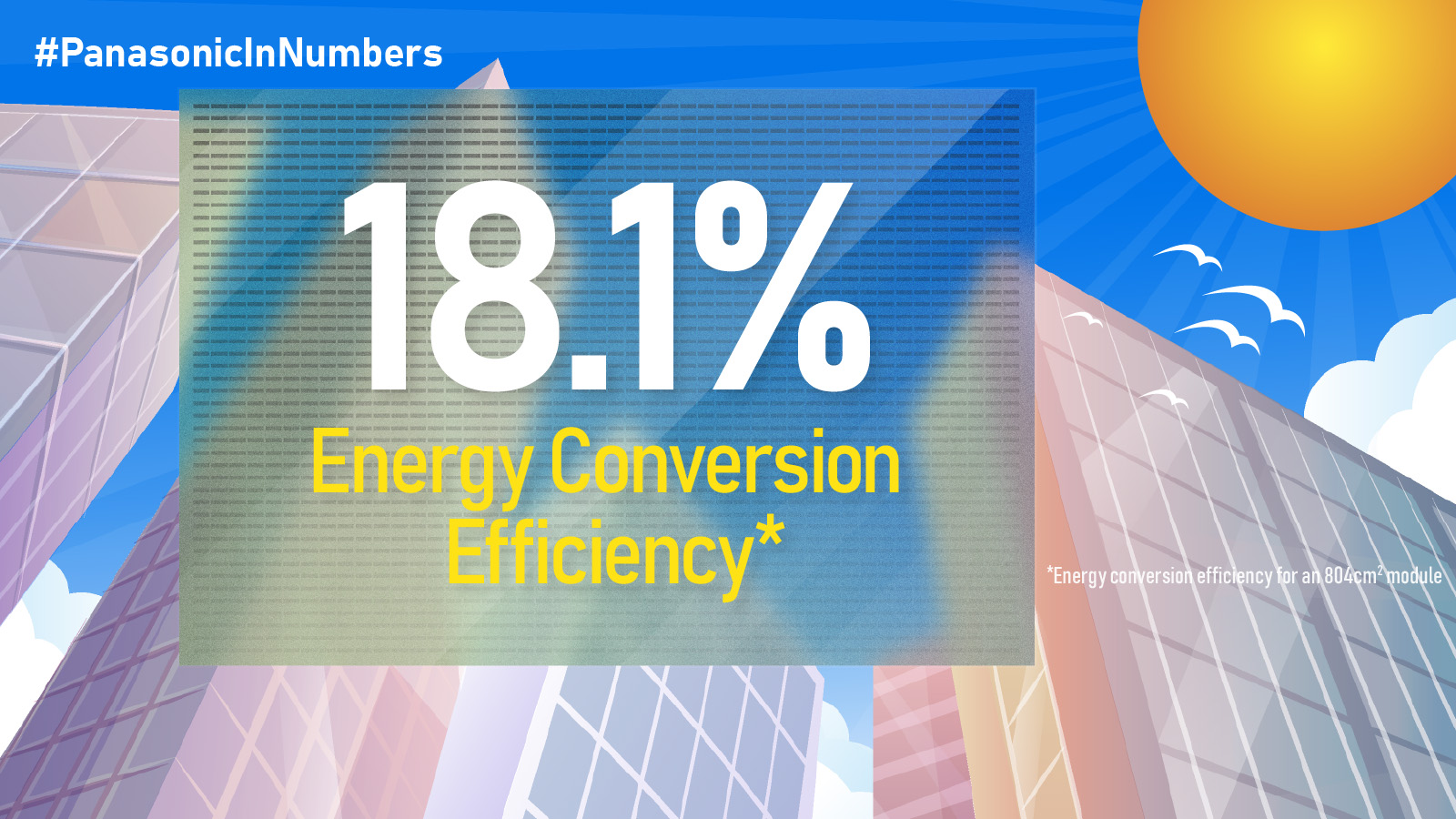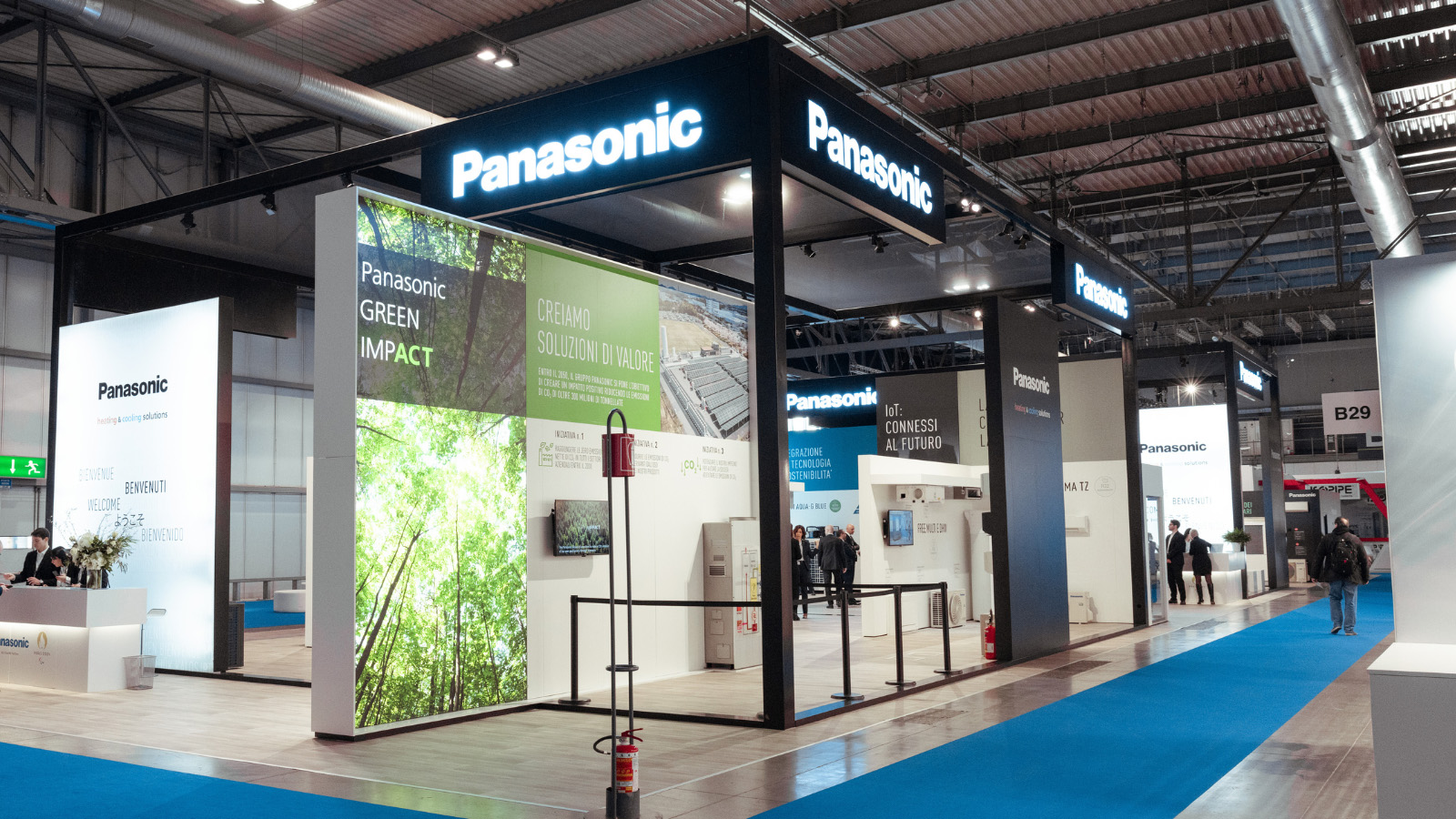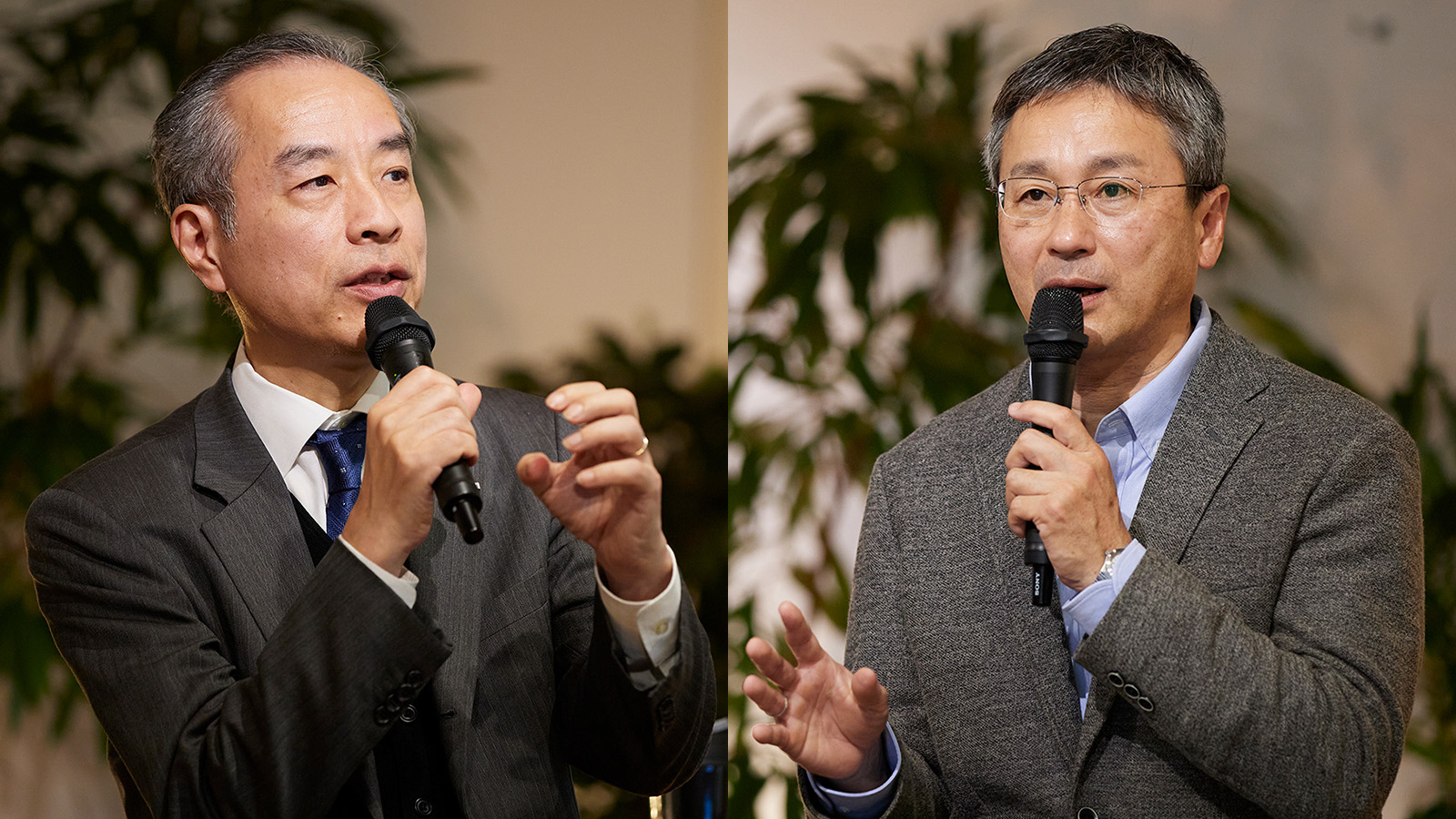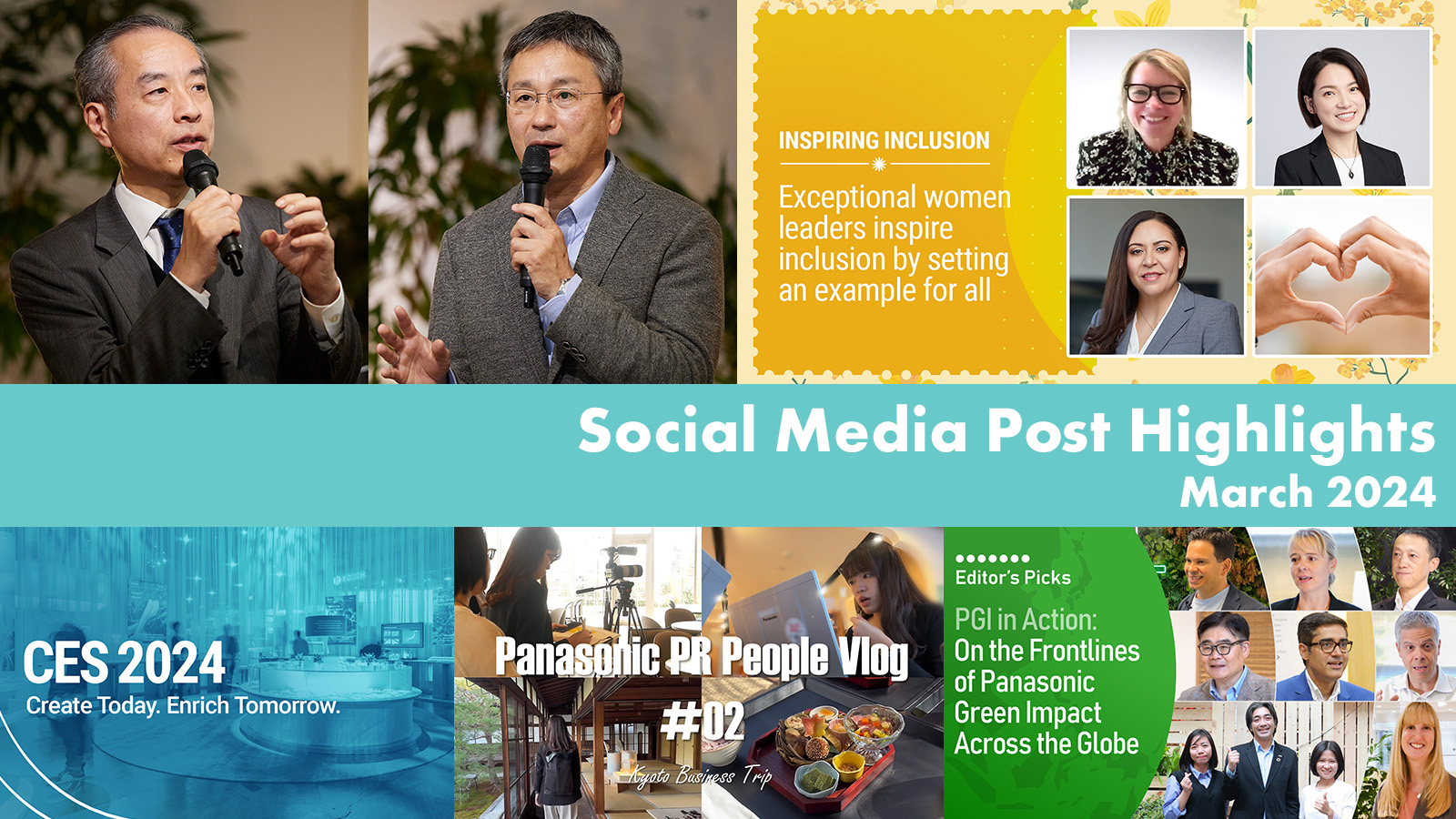Sep 30, 2011
Press Release
Panasonic to Implement OECD Due Diligence Guidance to Ensure Conflict-Free Procurement
Osaka, Japan - Panasonic Corporation announced its participation in a pilot project on implementing the Organisation for Economic Co-operation and Development (OECD) guidance that sets out steps for companies to ensure they do not contribute to conflict or abuse of human rights through their mineral and metal procurement practices. Using the guidance, the company will build an internal management system to accelerate its initiatives towards eliminating conflict minerals from its supply chain.
The OECD Due Diligence Guidance for Responsible Supply Chains of Minerals from Conflict-Affected and High-Risk Areas, approved in 2010, provides a practical framework for companies to identify and address risks in their supply chains in order to help avoid procuring certain minerals*1 from organizations in conflict areas*2 involved in human rights abuses, environmental destruction, bribery and other unlawful activities.
In the pilot project, participating companies and countries in conflict-affected areas test the practicality of the OECD guidance to help ensure that it will be effectively implemented by companies as well as promote legal mineral trade in conflict areas as intended. The pilot started in July 2011 and will run through June 2012.
Following the due diligence process outlined in the guidance and working with its suppliers, Panasonic will identify and assess risks of conflict minerals entering into its supply chain and devise measures to respond to the identified risks. To be specific, the company will carry out the following three initiatives.
- Identify products and business areas and select suppliers that will be subject to due diligence.
- Inspect suppliers and analyze the results.
- Establish a policy, system and process to start full-scale due diligence next fiscal year.
Panasonic has been promoting sustainable procurement by incorporating CSR standards into its procurement policies, requiring its suppliers to comply with the policies that include "environmental consciousness," "respect for human rights," "assuring safety and health" and "compliance with laws, regulations and social ethics."
In the area of conflict minerals, the company issued a group-wide notice last December to ensure conflict-free sourcing. In February this year, Panasonic stepped up its effort in this issue by requesting its primary component and material suppliers to verify the sources of minerals used in their supplies. By participating in the pilot project, Panasonic will build a management process that is in line with global standards to help solve the problem of conflict minerals as a responsible member of the international community.
*1. Tin, tantalum, tungsten and gold
*2. The Democratic Republic of the Congo and neighboring nations
About Panasonic
Panasonic Corporation is a worldwide leader in the development and manufacture of electronic products for a wide range of consumer, business, and industrial needs. Based in Osaka, Japan, the company recorded consolidated net sales of 8.69 trillion yen (US$105 billion) for the year ended March 31, 2011. The company's shares are listed on the Tokyo, Osaka, Nagoya and New York (NYSE:PC) stock exchanges. For more information on the company and the Panasonic brand, visit the company's website at http://panasonic.net/
Media Contacts:
- Global Public Relations Office
- Panasonic Corporation
- Tel: 03-6403-3040 Fax: 03-3436-6766
- Panasonic News Bureau
- Tel: 03-3542-6205 Fax: 03-3542-9018
Banner area begins from here.
The content in this website is accurate at the time of publication but may be subject to change without notice.
Please note therefore that these documents may not always contain the most up-to-date information.
Please note that German, French and Chinese versions are machine translations, so the quality and accuracy may vary.

